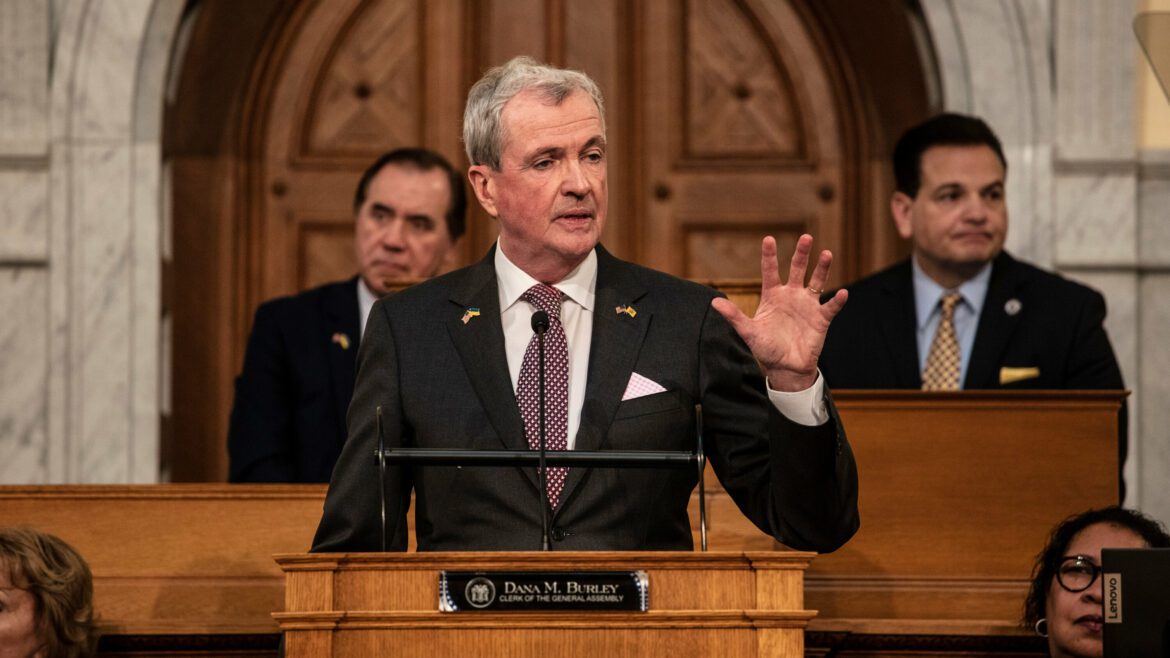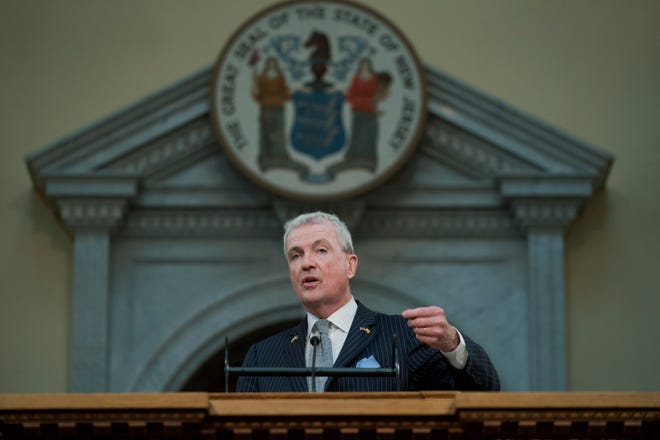Governor Murphy, GOVERNMENT THAT WORKS
Phil Murphy’s proposed budget includes nearly 2,000 unfilled state jobs

People interested in working for the state of New Jersey may soon see more opportunities to do just that.
The proposed budget for fiscal year 2024 — presented by Gov. Phil Murphy to the Legislature in February — includes nearly 2,000 state jobs that are either new or currently vacant in various state departments.
The budget still needs to be considered and voted on by both chambers of the Legislature before making its way to Murphy’s desk, but in its current form, the spending plan proposes about 1,982 jobs than the revised number of state employees for the current fiscal year.
Darryl Isherwood, a spokesman for the state Department of the Treasury, said the difference shows existing filled positions for 2023 — as opposed to funded positions that could potentially be filled for 2024.
“They are not necessarily new positions, just positions that for one reason or another have gone unfilled,” he said.
Isherwood noted that “it’s not unique to have a fairly large difference in those numbers.”
Every department — from agriculture to treasury, as well as the office of the governor — would have open positions.

The biggest difference is more than 500 jobs in the Department of Children and Families, which overall would see a proposed appropriations increase of 2.5%, or $34 million. The department handles public service programming focused on helping women and children.
The Department of Law and Public Safety would also have about 400 open jobs. Law and Public Safety is already among state government’s biggest departments — behind only the Department of Corrections in terms of state-funded positions — at 5,790 in fiscal year 2023.
More on proposed budget:NJ budget officials project revenue declines as senators assess plan
Earlier:NJ is not doing enough to ensure funding for Schools Development Authority, report says
‘People want government to work’: Advocates say added jobs help
More jobs are always good news, said Peter Chen, senior policy analyst at the think tank New Jersey Policy Perspective.
“A larger state workforce is necessary to ensure the effective functioning of government,” he said. “As we create new systems, good systems, systems that we think are important, a bare-bones approach to staffing is not going to be sufficient to ensure that these programs work as effectively as they can.”
Chen noted that in 2000, state government’s workforce, including judiciary and legislative staff, was as high as 77,000. Fast-forward two decades and that number has dropped to 65,000, he said. During that time, New Jersey’s population has grown by almost a million people, and the state budget has grown significantly as well.
In Trenton:You paid for this $283M renovation of New Jersey Statehouse; see it here free
Regina Egea, president of Garden State Initiative and a former chief of staff for Gov. Chris Christie, said taxpayers shouldn’t focus on the number of open positions but instead on how the services they need could be improved.
“The utter breakdown in MVC [Motor Vehicle Commission] and unemployment services reflected more IT infrastructure failures than a lack of personnel,” she said. “These issues persist … that state hotlines are unresponsive, with callers enduring long waits or getting a message to try another time.”
Egea noted that the budget surplus could be used to invest in the state’s information technology infrastructure to streamline the delivery of government services and that “hiring more employees in today’s tight labor market will inevitably confront challenges in identifying and on-boarding candidates with the needed skills and will likely cost more than planned.”
Chen also pointed out that while positions are budgeted for, they don’t always get filled, and “at the end of the day, people just want government to work.”
